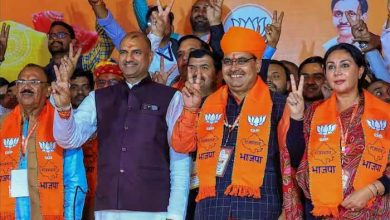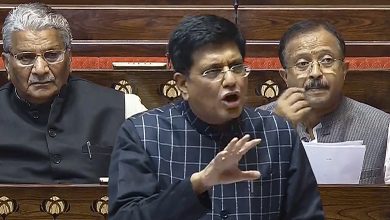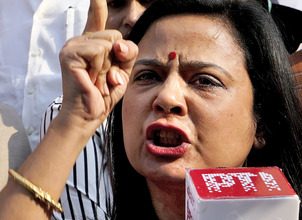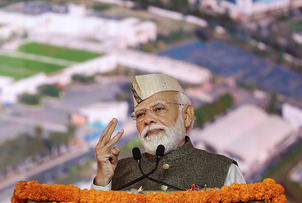Abetment involves mental process of instigating person into doing something: SC
New Delhi, Sep 17 (PTI):
Abetment involves a mental process of instigating or intentionally aiding a person to do something, the Supreme Court said on Friday while quashing criminal proceedings and a Non Bailable Warrant (NBA) issued against a woman in a case of an alleged suicide under the SC/ST Act.
A bench comprising Justices R Subhash Reddy and Hrishikesh Roy said that without positive act on the part of the accused to instigate or aid in committing suicide, no one can be convicted for offence under Section 306 (Abetment of suicide) of the Indian Penal Code.
“Abetment involves the mental process of instigating a person or intentionally aiding a person in doing a thing… “To proceed against any person for the offence under Section 306 IPC it requires an active act or direct act which led the deceased to commit suicide, seeing no option and that act must have been intended to push the deceased into such a position that he committed suicide,” the bench said.
The bench made these observations while hearing an appeal filed by a woman challenging the Allahabad High Court order which dismissed her plea seeking to quash criminal proceedings and the NBW issued for offences under sections various sections of The Scheduled Castes and the Scheduled Tribes (Prevention of Atrocities) Act, 1989 and Section 306 of IPC. An FIR was registered on May 11, 2018 at TP Nagar Police Station in Meerut district on the complaint of a man alleging that his brother was called by the woman at her house wherein her parents and sister made casteist abuses and poisoned him unconscious.
The complainant further stated that his brother was taken to the hospital where he died of negligence. The top court said that except the self-serving statements of the complainant and other witnesses stating that the deceased was in love with the woman, there is no other material to show that she maintained any relation with the deceased.








